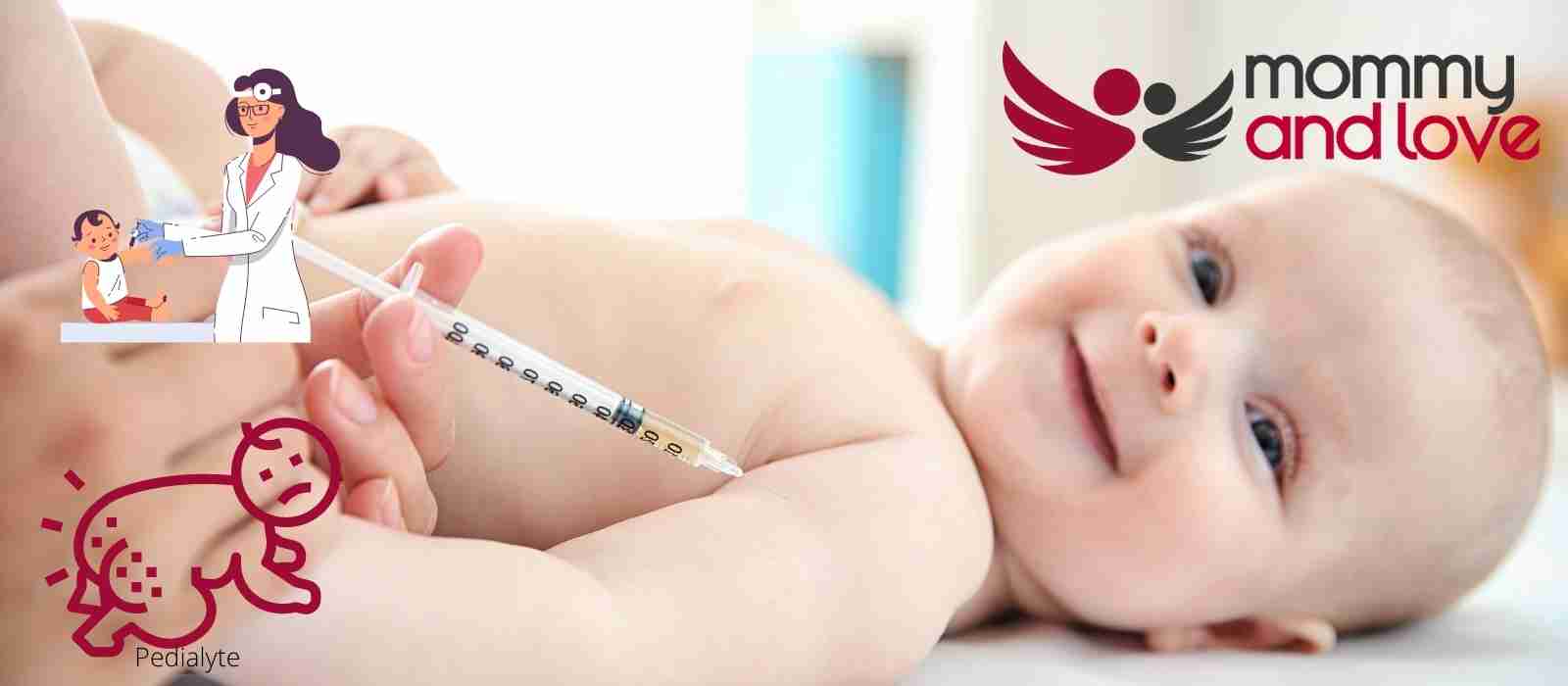If you’re a parent, you’re probably familiar with diaper rash. It’s a common problem that can occur when a baby’s skin is exposed to feces and urine. While most cases of diaper rash go away on their own, some parents may wonder if the MMR vaccine could be to blame. In this blog post, we’ll take a closer look at the evidence and answer that question once and for all.
What is an MMR vaccine?
MMR (Measles, Mumps, Rubella) vaccines protect against measles, mumps, and rubella. These are serious diseases that could cause serious complications. For instance, a pregnant mother who contracts a rubella infection during pregnancy might have a miscarriage or give birth to a baby with serious birth defects.
Unvaccinated individuals are highly susceptible to these highly infectious conditions. It is important to get vaccinated against these conditions, as they can also lead to serious complications.
Children usually receive their first dose between 9 months and 15 months of age. It is then followed by a second dose between 15 months and 6 years of age.
MMR vaccine is not recommended for people with serious immune system problems because it might cause a serious reaction especially for little children.
Do babies need an MMR vaccine?
A shot of MMR vaccine is recommended for infants 6 to 11 months old. Two doses of MMR should be given to infants who have had one dose by the time they turn one. It should be given at age 12 through 15 months and again at least 28 days later.
What are the risks associated with the MMR vaccine?
Mild to severe reactions can occur after receiving the MMR vaccination. The most common mild problems are fever, rash, and swelling. In addition, vaccines can also induce seizures, severe allergic reactions, pain in joints, as well as low platelet counts caused by immune thrombocytopenic purpura, or ITP.
The vaccinated person might also experience some immunization reactions muscle aches, sore throat, runny nose, swelling of the face, cough
Does the MMR vaccine cause diaper rash?
MMR vaccine is not known to cause a diaper rash but it could cause a reaction in a form of a rash. If your child develops a rash after the vaccination, it doesn’t mean she has measles, mumps, or rubella. It’s usually nothing to worry about but it could be an allergic reaction. There are some cases of baby rashes and hives after receiving the MMR vaccination. Between two and five percent of babies and children are affected by this condition.
If there are any side effects, they are likely to be mild. Your child is building her resistance to diseases by experiencing the side effects. She might be having an allergic reaction if she shows symptoms immediately after receiving the shot.
The measles vaccine begins to work six to ten days after your child has received the MMR vaccines. It may cause a mild rash similar to measles and a fever, along with a loss of appetite.
Rubella is rarely a cause of skin rashes. However, your baby may have a mildly elevated temperature after about 12 days to 14 days.
A correct dose of fever medicine like baby paracetamol or ibuprofen treatment can relieve a fever of your child. In addition, keep your child hydrated and cool.
When a rash spot on the body is full of redness and is painful to the touch or when your child is very ill, call your doctor or healthcare professional for advice and help. Symptoms such as these might be caused by an unrelated illness, such as meningitis, not caused by the MMR vaccination.
Takeaway
Are you wondering if the MMR vaccines could be causing your baby’s diaper rash? Don’t worry – it’s not likely to be the cause. Most cases of diaper rash go away on their own, and the vaccine is not known to cause this type of problem. However, a rash may develop on other parts of your child’s body after receiving the vaccine. If you have concerns, talk or report your concerns to your doctor. He or she can lend professional support and give some advice if the reaction or any side effects are related to the vaccine or something else.




